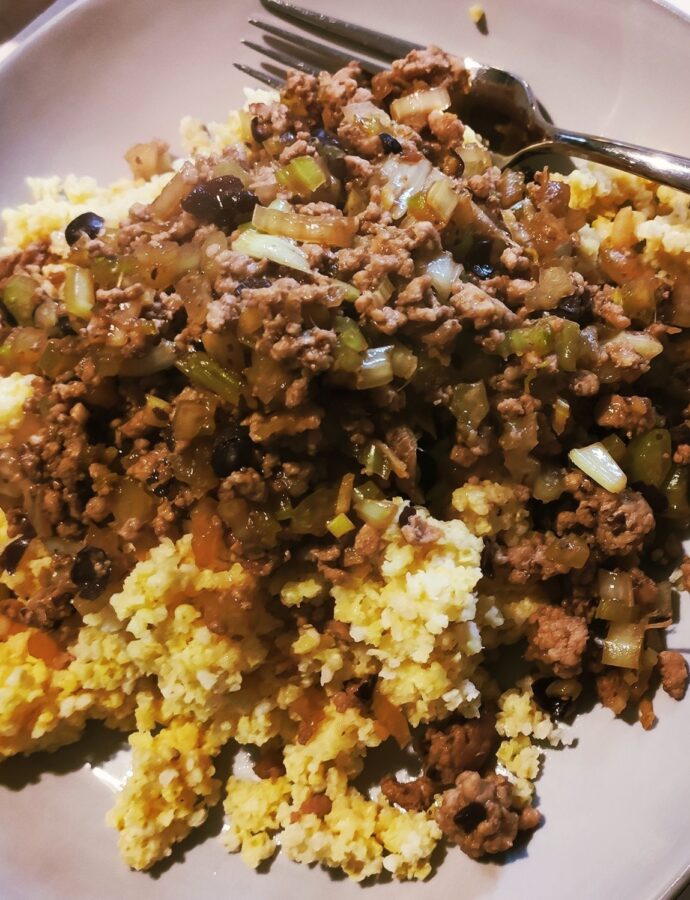My favourite kind of Chinese food is that which catches me by surprise, presenting me with flavours with which the western palate is unfamiliar. Actually I’m not totally certain that’s correct, there will always be a place for noodles and spare ribs, but for the sake of a dramatic opening let’s say it is. You can usually tell that a recipe is leading towards such a flavour; there’s a rhythm to European cookery that forms muscle-memory, and when you spend 20 minutes at the start of the recipe finely chopping a kilogram of celery you know that you’re marching to a different beat.
It is sharp and fresh, but savoury and… other things that I’m not totally sure I have the vocabulary for. Such an under-rated attribute of celery is just how fragrant it becomes when cooked. Chinkiang vinegar is such a great, distinctly Chinese ingredient. Apart from the celery processing it is wonderfully quick also, as so many great Chinese recipes are.
A thing I must confess is that I have never been able to find fermented black bean paste, not once. I don’t know what it tastes like, but so many Sichuanese recipes call for it that I usually concoct something involving mushed black beans from a tin and something brewed or fermented. Or a black bean sauce perhaps. This time I mushed the beans along with a teaspoon of Marmite and Worcester sauce. If I could add a shrugging emoji here right now I would. But it all came out tasty, so there we go.
There’s a 3:1 ratio of celery to mince specified in the recipe that I was simply unable to achieve with the 600g portion of mince that I had. I think manually chopping 1800g of celery into fine pieces would cause me to question my life choices; so the not quite 2:1 ratio I used here was fine.
Also, side note: I used millet here, just because I had it… Really nice.
Definitely do again.
From Every Grain of Rice – Fushcia Dunlop, pg. 194
